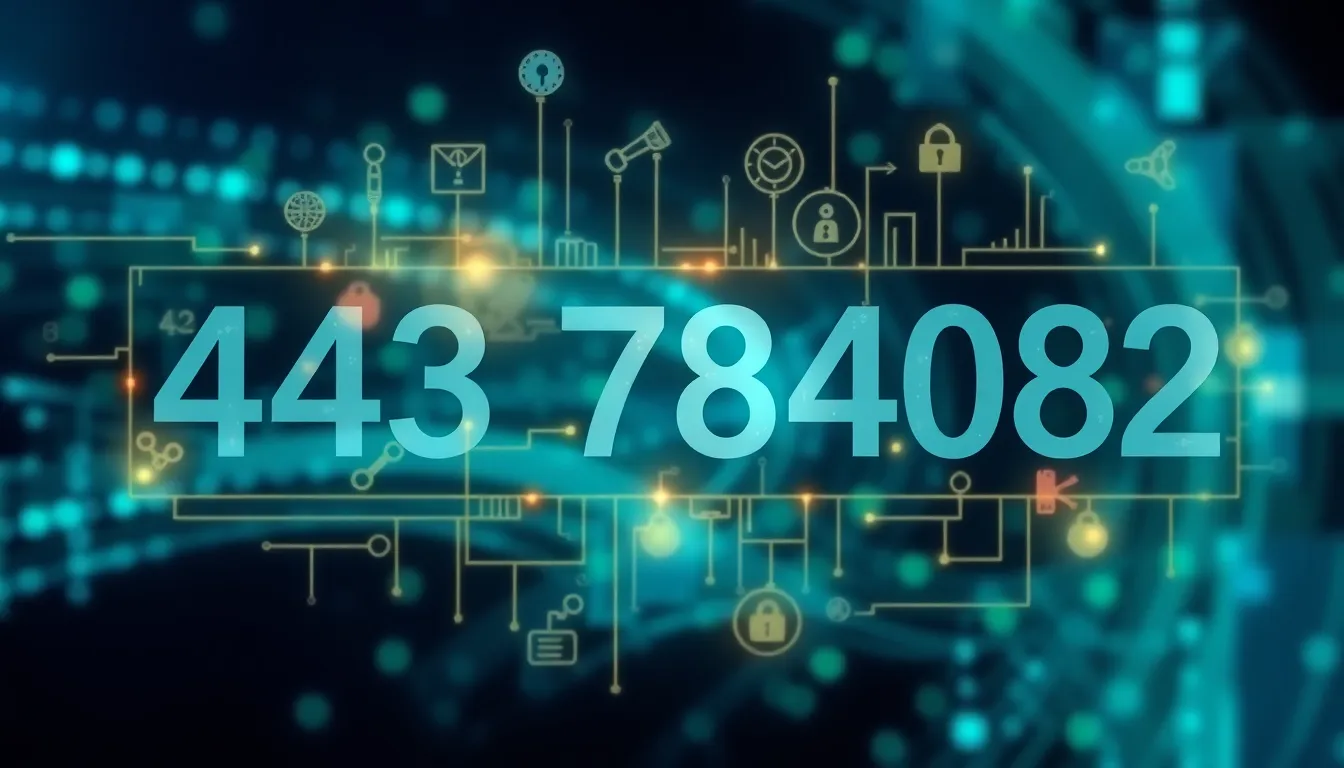In a world where lawyers are often seen buried under mountains of paperwork, machine learning is like a superhero swooping in to save the day. Imagine algorithms that can sift through endless legal documents faster than a junior associate on caffeine. This tech isn’t just a fancy buzzword; it’s transforming how legal professionals operate, making their lives easier and their work more efficient.
From predicting case outcomes to automating tedious tasks, machine learning is shaking up the legal landscape. It’s like having a trusty sidekick that never takes a coffee break. As the legal field embraces this innovative technology, it’s clear that the future is bright—and a little less paper-heavy. Let’s dive into how machine learning is revolutionizing the legal system and why it’s time for lawyers to embrace their tech-savvy side.
Table of Contents
ToggleOverview of Machine Learning in Legal
Machine learning significantly alters how legal professionals approach their work. Algorithms analyze extensive legal documents, such as contracts, case law, and regulations, swiftly identifying relevant information. This capability allows lawyers to focus on strategy and client interaction rather than tedious data management.
Firms utilizing machine learning report increased efficiency in document review processes. Predictions regarding case outcomes, based on historical data, offer lawyers insights that enhance decision-making. Automated systems help in conducting legal research, reducing the time spent on information retrieval.
In eDiscovery, machine learning facilitates the identification of pertinent evidence, streamlining litigation. Tools can flag documents for relevance, significantly decreasing costs associated with manual reviews. Advanced technologies ensure that only the most relevant materials receive attention, optimizing resource allocation.
Many legal tech companies now provide platforms powered by machine learning. These tools integrate with law firms’ existing systems, providing solutions that adapt to specific needs. Training datasets allow the algorithms to improve over time, leading to more precise outcomes.
As technology evolves, ethical considerations gain prominence. Transparency in machine learning processes remains essential to maintain trust within the legal environment. Legal practitioners must understand how these algorithms function and their implications on legal reasoning and outcomes.
Machine learning in legal signifies a shift toward a data-driven approach. The integration of this technology leads to a future where legal professionals can leverage insights derived from vast datasets. With continuous advancements, the legal industry is poised for ongoing transformation.
Applications of Machine Learning in Legal

Machine learning significantly enhances various aspects of the legal profession, simplifying processes and improving outcomes. The technology’s applications range from document review to contract management.
Document Review and E-Discovery
Document review stands as a major area where machine learning excels. Algorithms can quickly scan and categorize legal documents, allowing lawyers to locate relevant information faster. In e-Discovery, it identifies pertinent evidence amidst massive data sets, streamlining litigation. Firms leveraging this technology often reduce costs by minimizing time spent on manual reviews. As a result, attorneys focus more on case strategy rather than tedious document sorting.
Legal Research and Case Prediction
Legal research benefits immensely from machine learning efficiencies. Advanced algorithms can analyze past case law, identify trends, and predict potential case outcomes. This capability enables lawyers to form stronger legal strategies based on data-driven insights. By utilizing historical data, legal professionals access essential information that influences their decision-making. The predictive nature of these tools aids in estimating success rates for various legal scenarios.
Contract Analysis and Management
Contract analysis experiences significant improvements through machine learning applications. Automated tools review contracts to identify risks and compliance issues, saving time during the assessment phase. These tools also highlight critical clauses and suggest revisions based on historical data. By employing machine learning, firms decrease human error in contract interpretation. Efficient management systems evolve as lawyers receive timely insights, ultimately fostering better client outcomes.
Benefits of Machine Learning in Legal
Machine learning brings significant advantages to the legal field, enhancing both efficiency and accuracy while decreasing costs associated with legal services. The integration of this technology is changing how legal professionals operate, making legal tasks more manageable and effective.
Increased Efficiency and Accuracy
Machine learning algorithms process large volumes of legal documents swiftly. Lawyers benefit from faster identification of relevant information within these documents. Tasks that once took hours are completed in minutes, allowing for greater productivity in legal settings. Decision-making improves as algorithms analyze historical data, providing statistics that inform case strategies. This efficiency leads to reduced human error, enhancing overall accuracy in document reviews.
Cost Reduction for Legal Services
Adopting machine learning significantly lowers costs for clients. With automation streamlining tasks such as document review and legal research, firms reduce the hours spent on manual processes. The technology identifies key evidence quickly, leading to shorter litigation timelines. By minimizing labor-intensive activities, law firms can allocate resources more effectively. Clients experience cost savings as firms enhance operational efficiencies, ultimately making quality legal services more accessible.
Challenges and Ethical Considerations
Machine learning in the legal field presents challenges and ethical considerations that require careful attention.
Data Privacy and Security
Data privacy and security pose significant concerns in legal applications of machine learning. Attorneys handle sensitive client information, making robust data protection essential. Breaches can erode client trust and lead to severe legal repercussions. Implementing stringent security measures helps mitigate risks. Encrypting data and utilizing secure servers protects information while in transit and storage. Legal professionals must also adhere to regulations like GDPR, ensuring compliance with data handling laws. Transparent practices can foster client confidence, proving that law firms prioritize their data security protocols. Continuous audits of machine learning systems ensure they meet evolving privacy standards.
Bias in Algorithms
Bias in algorithms can adversely affect legal outcomes. Machine learning systems trained on historical data might reflect societal biases, leading to skewed predictions. Identifying and correcting bias becomes crucial to uphold fairness in legal processes. Regularly reviewing algorithmic outcomes provides insights into any potential inequalities. Engaging diverse teams in the development process enhances the objectivity of these systems. Training datasets should include a wide range of scenarios to minimize bias. Ongoing evaluation ensures that algorithms remain accurate and equitable over time. Maintaining transparency about how algorithms work builds trust among clients and specialists alike.
Future Trends in Machine Learning in Legal
Emerging trends highlight a deeper integration of machine learning in legal practices. Predictive analytics tools enhance case strategies by allowing lawyers to anticipate outcomes based on historical data. With advancements in natural language processing, systems can analyze complex legal language, making document interpretation more intuitive.
Firms are adopting cloud-based platforms that utilize machine learning to enable seamless collaboration. Such systems facilitate remote document sharing while maintaining security protocols, addressing data privacy concerns effectively. Enhanced encryption methods will secure client information, fostering trust in digital legal services.
AI-driven contract analysis continues to evolve, with algorithms identifying potential risks more accurately. By utilizing machine learning, contract management solutions streamline workflows and enhance compliance checks. These technologies can flag unusual clauses, alerting lawyers to critical issues that require review.
The role of machine learning in legal research is also expanding. Advanced algorithms will further improve the search for relevant case law, providing actionable insights and saving time. As tools become more sophisticated, legal professionals increasingly rely on data-driven insights for strategic decision-making.
Collaboration among legal tech companies fosters innovation, pushing the boundaries of what’s possible in legal technology. Partnerships between these firms and law schools will increase access to cutting-edge tools, providing future lawyers with essential skills in their education. As awareness of ethical considerations grows, there will be a stronger emphasis on developing unbiased algorithms to promote fairness in legal processes.
Overall, the trajectory of machine learning in the legal sector shows a strong commitment to enhancing efficiency and accuracy. Continued advancements will shape a more agile and responsive legal environment, setting the stage for ongoing transformation as the industry embraces these technologies.
Machine learning is reshaping the legal landscape by enhancing efficiency and accuracy while addressing the complexities of modern legal work. As legal professionals adopt these technologies, they can focus more on strategic decision-making and client engagement. The integration of advanced algorithms streamlines processes like document review and legal research, ultimately reducing costs and improving service delivery.
However, the journey isn’t without challenges. Ethical considerations around data privacy and algorithmic bias must be prioritized to maintain trust in the legal system. As the industry embraces these advancements, a commitment to transparency and fairness will be crucial in shaping a more equitable legal environment. The future looks promising as machine learning continues to evolve, paving the way for a more efficient and accessible legal profession.




